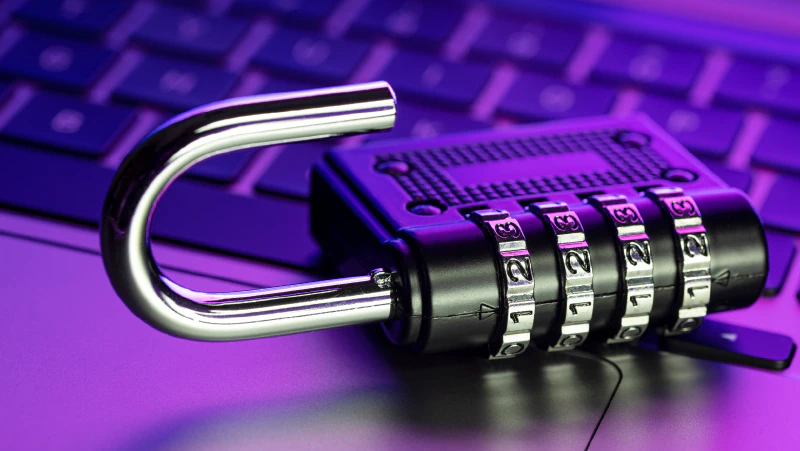Red Hat Discloses Critical OpenPrinting CUPS Vulnerabilities Affecting RHEL
Red Hat has recently disclosed several critical vulnerabilities within OpenPrinting CUPS , an open-source printing system widely used across modern Linux distributions, including Red Hat Enterprise Linux (RHEL). These vulnerabilities (CVE-2024-47076, CVE-2024-47175, CVE-2024-47176, and CVE-2024-47177) pose a significant security risk, particularly if exploited in combination. Understanding the Vulnerabilities OpenPrinting CUPS is essential for managing, discovering, and sharing printers across Linux systems. However, if these vulnerabilities are exploited together, attackers could potentially achieve remote code execution, leading to the theft of sensitive data or damage to critical production systems.







